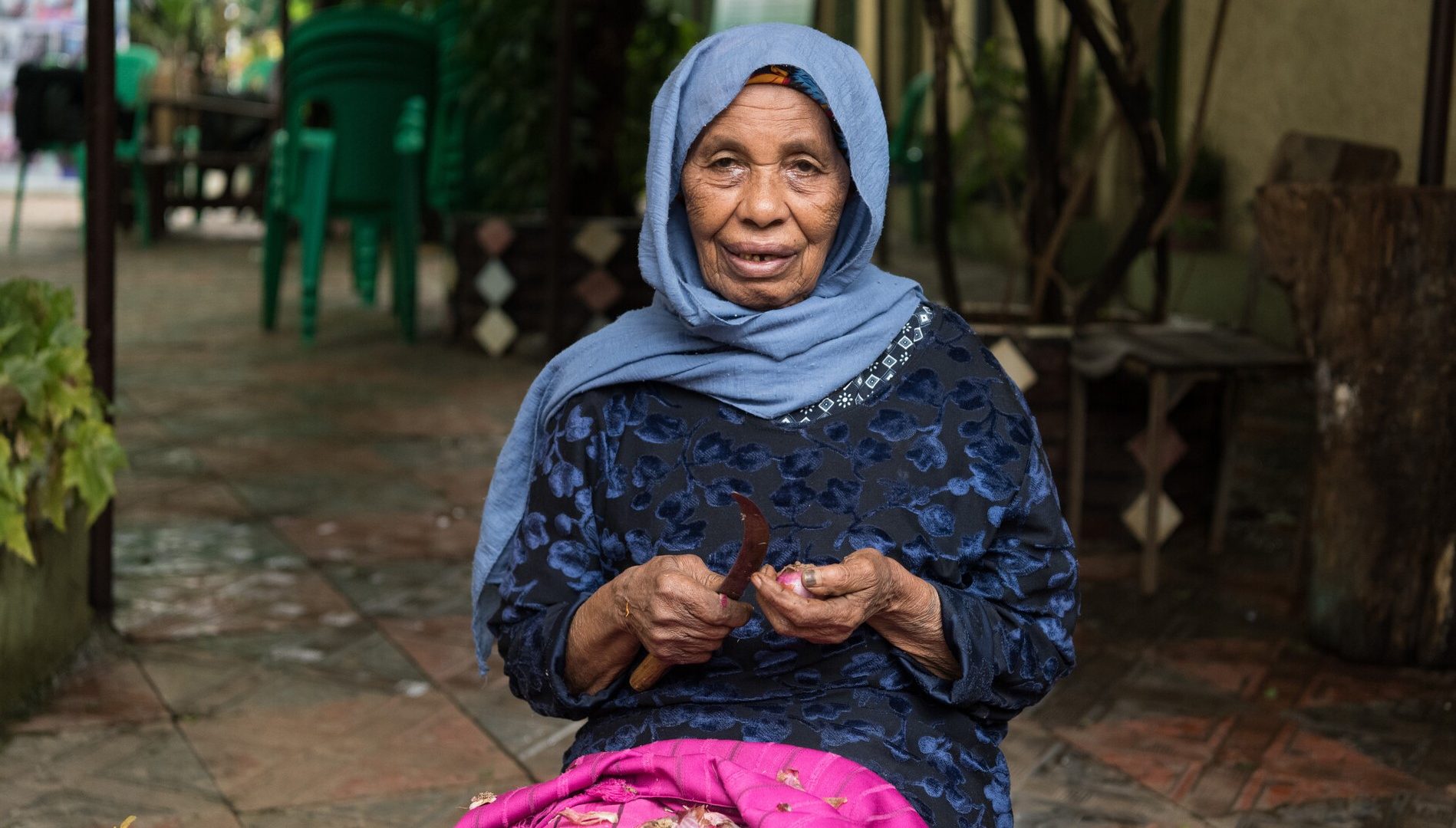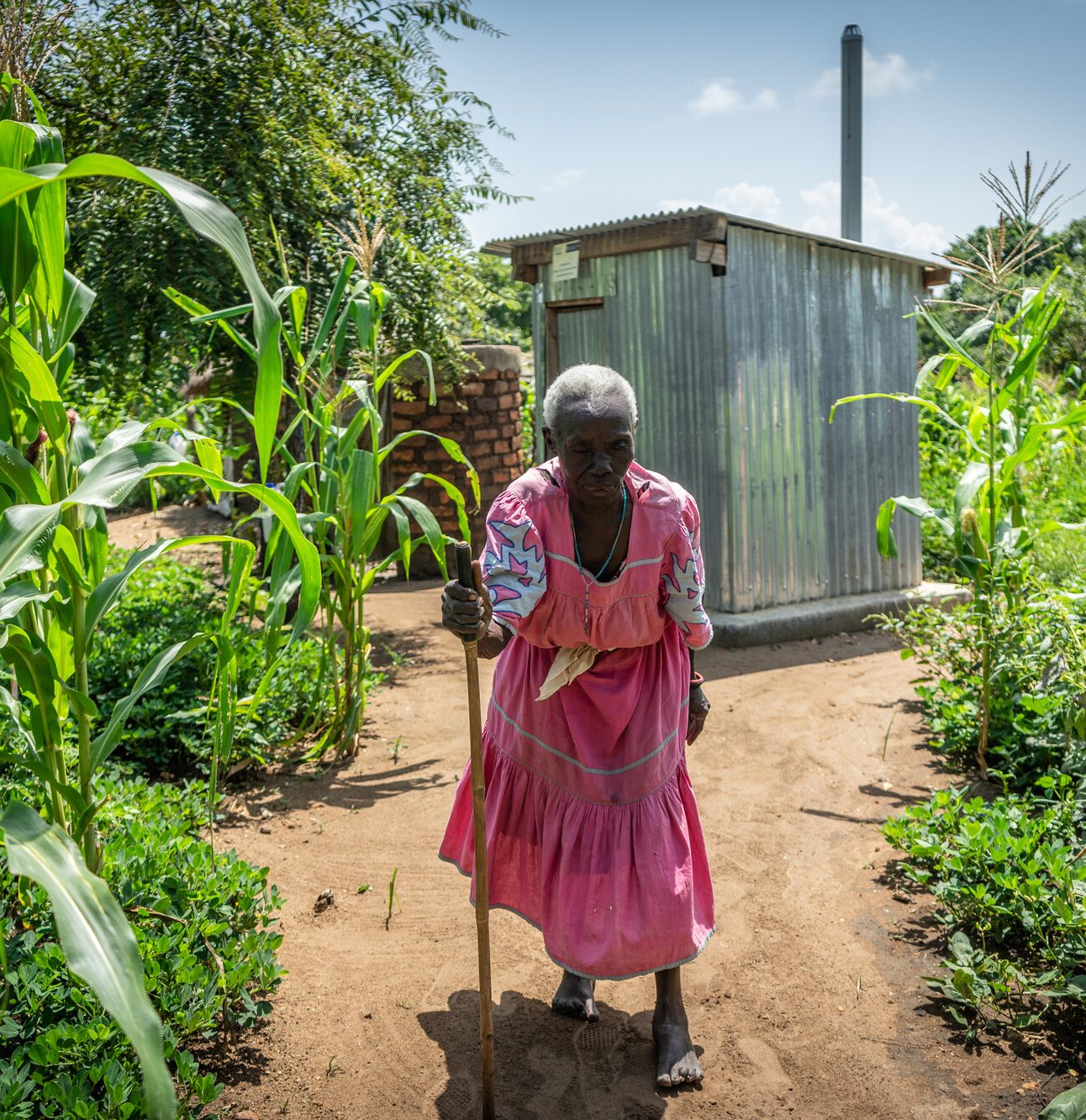In the past year, multiple and frequent crises and shocks – including the conflict in Ukraine, the aftermath of the Covid-19 pandemic, increasing food prices, and extreme weather events brought on by climate change – have all heightened the risks to food and nutrition security around the world.
As we mark this year’s World Food Day on 16 October, we take a look at the challenges facing older people in low- and middle-income countries as they struggle to fulfill one of the most essential of human rights: the right to food.
Good nutrition is crucial for everyone but even more so as we get older when there is an increased risk of developing malnutrition. Lack of access to nutritious food can have consequences not only on older people’s general health and well–being, but also on their families, given the role of carers that older people tend to have, in particular older women.
In 2022, 2.4 billion people globally (almost 30 per cent of the global population) experienced varying degrees of food insecurity, “lacking access to nutritious, safe and sufficient food”, according to the Food and Agriculture Organization (FAO).
And things are not improving in 2023 with continuing instability and conflicts around the world, and specifically how the war in Ukraine is causing uncertainty on global markets, climate change, and high levels of domestic food price inflation.


